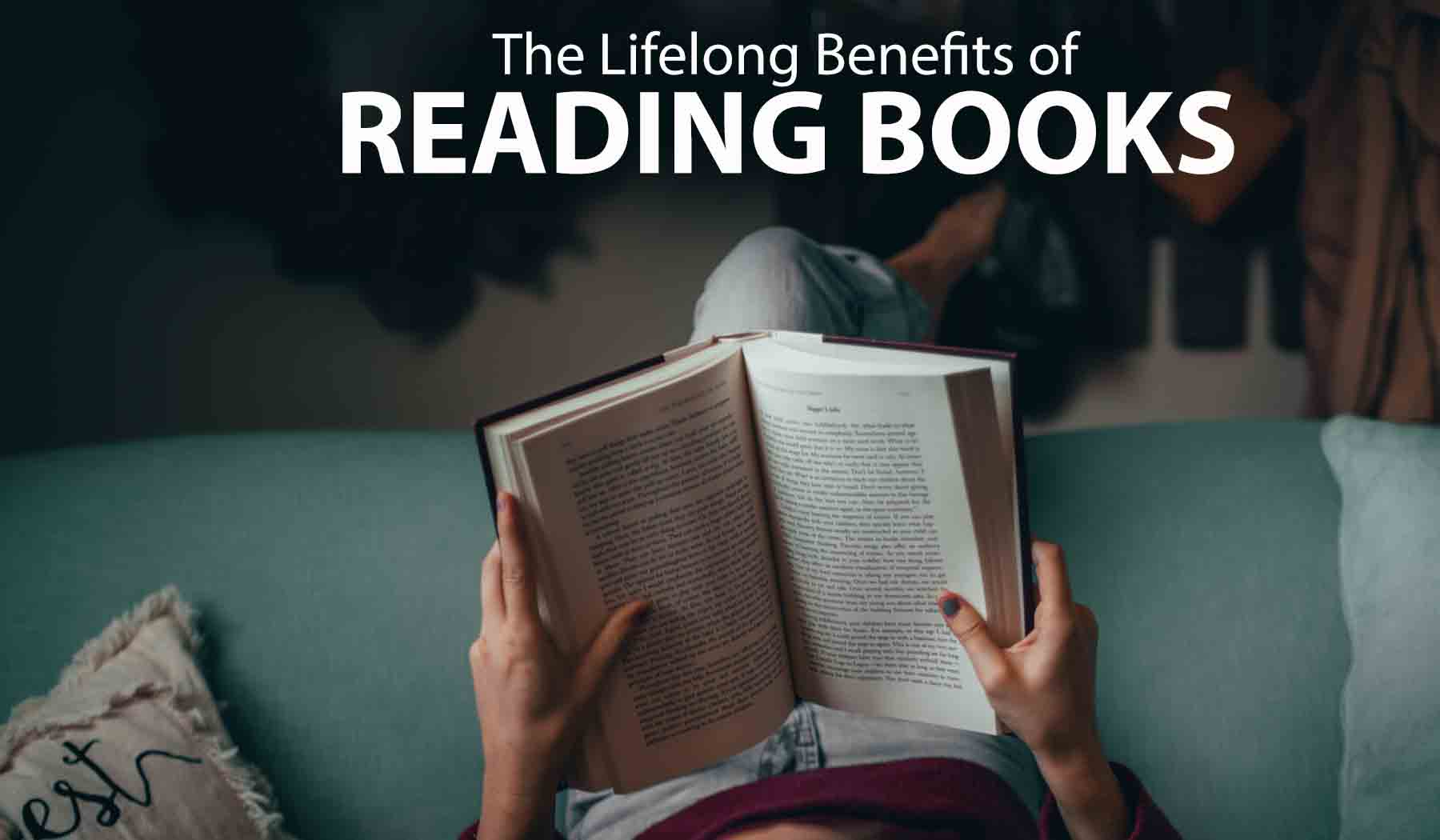Books have been a source of knowledge and entertainment for centuries.
Reading books is not only a way to escape from reality but also a means to learn new things.
Books can offer insights into different cultures, provide new perspectives on life, and help individuals grow intellectually.
With the widespread use of technology, there are now more ways than ever to access books, making reading more accessible to people worldwide.
Reading books has numerous benefits, both physical and mental.
Studies have shown that reading can reduce stress levels, increase empathy, and improve cognitive function.
It can also enhance vocabulary, improve memory, and increase knowledge.
Reading books can be a great way to unwind after a long day or to stimulate the mind during leisure time.
With the advent of e-readers and audiobooks, reading has become more accessible than ever before.
People can now access books from anywhere in the world, at any time of day.
This has opened up new opportunities for people who may not have had access to physical books in the past.
As technology continues to evolve, it is likely that reading will become even more accessible in the future.
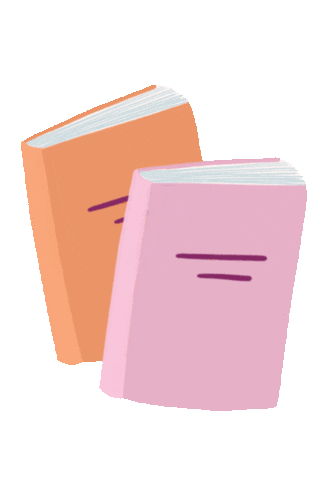
The Importance of Books Reading
Reading books is an essential activity that has numerous benefits for individuals of all ages.
In addition to providing entertainment and relaxation, reading books can also help improve cognitive abilities, enhance empathy, and reduce stress levels.
One of the primary benefits of reading books is that it helps to exercise the brain.
Studies have shown that reading can improve cognitive abilities such as memory, focus, and concentration.
This is because reading requires the brain to process and retain information, which helps to strengthen neural pathways and improve overall brain function.
Another important benefit of reading books is that it can help to improve empathy and communication skills.
When individuals read books, they are exposed to different perspectives, experiences, and emotions.
This can help to broaden their understanding of the world and enhance their ability to empathize with others.
Additionally, reading books can also improve communication skills by providing individuals with a broader vocabulary and a better understanding of language structure.
Reading books can also have a positive impact on mental health. Studies have shown that reading can help to reduce stress levels and improve overall well-being.
This is because reading can provide an escape from the pressures of daily life and help individuals to relax and unwind.
Additionally, reading books can also help to improve mental health by providing individuals with a sense of purpose and meaning.
Overall, reading books is an important activity that can provide numerous benefits for individuals of all ages.
Whether for entertainment, education, or relaxation, reading books is a worthwhile and valuable activity that can help to improve cognitive abilities, enhance empathy, and reduce stress levels.
Types of Books
There are many different types of books available, each with their own unique characteristics and purposes.
Here are some of the most common types of books:
Fiction
Fiction books are stories that are made up by the author.
They can be set in any time period, location, or genre, and can be based on real-life events or completely imaginary worlds.
Some popular genres of fiction include:
- Romance
- Mystery
- Science Fiction
- Fantasy
- Horror
- Thriller
Non-Fiction
Non-fiction books are based on facts and real-life events.
They can be educational, informative, or entertaining, and cover a wide range of topics.
Some common types of non-fiction books include:
- Biographies and Autobiographies
- History
- Science and Technology
- Self-Help and Personal Development
- Travel Guides
- Cookbooks
Children’s Books
Children’s books are written specifically for young readers and can be either fiction or non-fiction.
They are often illustrated and can help children learn about the world around them, develop their reading skills, and foster a love of reading.
Reference Books
Reference books are designed to provide information on specific topics. They can be dictionaries, encyclopedias, atlases, or any other type of book that provides information on a particular subject.
Textbooks
Textbooks are used in schools and universities to teach specific subjects.
They are often written by experts in the field and are designed to provide students with the information they need to succeed in their studies.
Overall, there are many different types of books available to suit every interest and need.
Whether you are looking for a gripping novel, an informative non-fiction book, or a children’s story, there is sure to be a book out there that is perfect for you.

The Art of Reading
Reading is not just a passive activity, but an art that requires skill and practice. It is a way to expand one’s knowledge, imagination, and empathy.
The art of reading involves not only understanding the words on the page but also interpreting them, analyzing them, and connecting them to one’s own experiences and ideas.
To become a skilled reader, one must develop several essential skills, including:
- Active reading: This involves engaging with the text actively, asking questions, making connections, and taking notes. Active reading helps readers to remember and understand the material better.
- Critical reading: This involves analyzing the text and evaluating its arguments, evidence, and assumptions. Critical reading helps readers to develop their own opinions and to detect misinformation and bias.
- Contextual reading: This involves understanding the historical, cultural, and social context of the text. Contextual reading helps readers to appreciate the significance and relevance of the material.
The art of reading also involves developing a reading habit. This means setting aside time for reading regularly, choosing books that are of interest, and challenging oneself with new genres and authors.
It also means creating a conducive environment for reading, such as a quiet, comfortable space with good lighting and minimal distractions.
Moreover, the art of reading involves not just reading but also reflecting on what one has read. This means taking the time to think about the material, to connect it to one’s own life and experiences, and to share one’s thoughts with others. Reflection helps readers to deepen their understanding and to develop their own voice.
In conclusion, the art of reading is a valuable and rewarding skill that requires practice, patience, and passion.
By developing essential skills, creating a reading habit, and reflecting on what one has read, readers can enhance their knowledge, broaden their horizons, and enrich their lives.
Reading Techniques
Effective reading is an essential skill for anyone who wants to learn new information from books.
Here are some reading techniques that can help readers engage with the text, learn actively, and study more efficiently:
SQ3R Technique
SQ3R stands for Survey, Question, Read, Recite, and Review.
This technique involves five different steps, each one with the goal of getting the reader closer to full comprehension of the text.
- Survey: Before reading, survey the material to get an idea of what the text is about. Look at headings, subheadings, and any visuals.
- Question: Formulate questions about the text based on the information gathered in the survey step.
- Read: Read the text actively, looking for answers to the questions formulated in the previous step.
- Recite: After reading, recite the main points of the text in your own words.
- Review: Finally, review the text to consolidate your understanding.

Skimming and Scanning
Skimming and scanning are two techniques used to quickly locate information in a text.
- Skimming: Skimming involves quickly reading through the text to get a general idea of what it is about. Skimming is useful when you need to get a general idea of the content of a text.
- Scanning: Scanning involves looking for specific information in the text. Scanning is useful when you need to find a particular piece of information quickly.
Active Reading
Active reading involves engaging with the text to understand it better. Here are some tips for active reading:
- Annotate: Underline or highlight important points in the text, take notes in the margins, or use sticky notes to mark important passages.
- Summarize: After reading a section of the text, summarize the main points in your own words.
- Ask questions: Ask questions about the text to clarify your understanding.
- Visualize: Visualize the information in the text to help you remember it better.
Detailed Reading
Detailed reading involves reading the text carefully to understand it fully. Here are some tips for detailed reading:
- Focus: Focus on the text and avoid distractions.
- Read actively: Engage with the text as you read it.
- Take breaks: Take breaks to avoid fatigue.
- Review: Review the text after reading it to consolidate your understanding.
Structure-Proposition-Evaluation (SPE) Reading
SPE reading involves analyzing the structure, propositions, and evaluations in a text.
Here are the steps involved:
- Structure: Analyze the structure of the text, including the headings, subheadings, and organization of the text.
- Propositions: Identify the propositions in the text, including the main idea and supporting details.
- Evaluation: Evaluate the text by analyzing the author’s arguments, evidence, and conclusions.
By using these reading techniques, readers can improve their reading skills and get the most out of the books they read.

Benefits of Reading Books
Reading books is not only an enjoyable pastime but also has numerous benefits for physical and mental health.
Here are some of the benefits of reading books:
Improves Mental Health
Reading books can reduce stress and anxiety, and improve mental health. According to a study published in the journal PLOS ONE, reading for just six minutes can reduce stress levels by up to 68%. Reading books can also help individuals suffering from depression, as it provides a healthy distraction and can improve mood.
Enhances Cognitive Abilities
Reading books can enhance cognitive abilities, including memory, focus, and concentration.
A study conducted by the University of Sussex found that reading for just six minutes can reduce stress levels by up to 68%.
Additionally, reading can improve vocabulary and critical thinking skills, which can have a positive impact on academic and professional success.
Increases Empathy
Reading books can increase empathy and improve social skills.
According to a study published in the journal Science, reading literary fiction can increase empathy and understanding of others.
This can lead to improved communication and relationships with others.
Provides Entertainment
Reading books can provide entertainment and relaxation.
Whether it’s a thrilling mystery, a romantic novel, or a biographical account, books can transport readers to different worlds and provide a much-needed escape from daily life.
Improves Sleep
Reading books before bed can improve sleep quality.
According to a study published in the journal Sleep Medicine, reading for just six minutes before bed can reduce stress levels and improve sleep quality.
This can lead to a more restful night’s sleep and improved overall health.
Overall, reading books has numerous benefits for physical and mental health.
Whether it’s for entertainment or self-improvement, picking up a book can have a positive impact on many aspects of life.
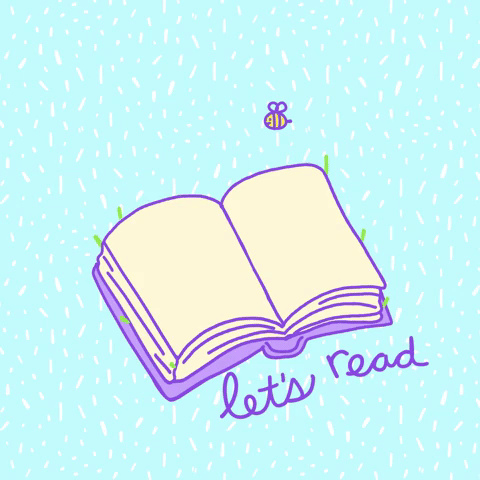
Impact on Mental Health
Reading books has been shown to have a positive impact on mental health.
According to a 2019 study, reading for just six minutes can reduce stress levels by up to 68%.
This is because reading books can help individuals relax and escape from the pressures of daily life.
In addition to reducing stress, reading books has been found to improve cognitive function and memory.
A 2013 study found that reading can increase brain connectivity and improve brain function.
This is because reading requires the brain to work harder and make connections between different parts of the brain.
Furthermore, reading books can also help individuals with depression and anxiety.
Bibliotherapy, or the use of reading materials for the promotion of psychological health, is a well-known adjunct to mental health treatment. Bibliotherapy can consist of any type of reading material, including self-help books, novels, and poetry.
Overall, reading books can have a significant positive impact on mental health. It can reduce stress levels, improve cognitive function and memory, and help individuals with depression and anxiety.
Choosing the Right Book
Choosing the right book is crucial to making reading an enjoyable and fulfilling experience.
With so many books available, it can be overwhelming to decide which one to read next.
Here are a few tips to help readers choose the right book for them.
Consider Personal Interests
One of the easiest ways to choose the right book is to consider personal interests.
Readers should think about what topics they enjoy learning about or what kind of stories they like to read.
For example, if someone is interested in history, they may want to choose a historical fiction or non-fiction book.
If someone enjoys mysteries, they may want to choose a thriller or detective novel.
By choosing a book that aligns with personal interests, readers are more likely to enjoy the reading experience.
Check Reviews and Ratings
Another way to choose the right book is to check reviews and ratings.
Websites like Goodreads or Amazon provide reviews and ratings from other readers, which can help readers decide if a book is worth reading.
Readers should pay attention to both positive and negative reviews to get a well-rounded idea of the book’s strengths and weaknesses.
Try Different Genres and Authors
Readers should also be open to trying different genres and authors. Sometimes, readers may find a new favorite book by stepping outside of their comfort zone.
By trying different genres and authors, readers can expand their reading horizons and discover new books that they may not have otherwise considered.
Choosing the right book is a personal decision that depends on individual interests and preferences. By considering personal interests, checking reviews and ratings, and trying different genres and authors, readers can find the right book for them and make reading a fulfilling experience.
Reading Habits
Developing good reading habits is an essential part of becoming a successful reader.
People who read regularly tend to have better vocabulary, comprehension, and critical thinking skills.
Here are some reading habits that can help readers get the most out of their reading experience:
Consistency
Reading regularly is one of the best ways to improve reading skills.
Whether it’s reading for 10 minutes or an hour, setting aside a specific time each day to read can help establish a consistent reading habit.
By consistently reading, readers can improve their reading speed, comprehension, and vocabulary.
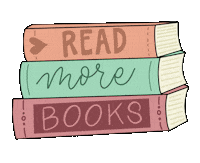
Setting Goals
Setting reading goals can help readers stay motivated and focused.
Goals can be as simple as reading a certain number of pages or chapters each day or week.
More ambitious goals could include reading a certain number of books in a year or reading books from a specific genre or author.
Reading Environment
Creating a comfortable and distraction-free reading environment can help readers focus and get the most out of their reading time.
This could include finding a quiet place to read, turning off electronic devices, and eliminating other potential distractions.
Reading Variety
Reading a variety of genres and styles can help readers expand their knowledge and understanding of different subjects.
Whether it’s fiction, non-fiction, poetry, or biographies, reading a diverse range of materials can help readers develop a broader perspective on the world.
Active Reading
Active reading involves engaging with the material and thinking critically about what is being read.
This can include taking notes, highlighting important passages, or asking questions about the content.
By actively engaging with the material, readers can improve their comprehension and retention of information.
By developing good reading habits, readers can improve their skills and get more out of their reading experience.
Whether it’s setting goals, finding a comfortable reading environment, or actively engaging with the material, there are many ways to establish a consistent and rewarding reading habit.
The Future of Reading
As technology continues to advance, the future of reading is likely to change.
With the rise of digital books and audiobooks, traditional paper books may become less popular in the years to come.
However, this does not mean that reading itself will become obsolete. In fact, reading may become more accessible and convenient than ever before.
One potential advantage of digital books is that they can be easily accessed on a variety of devices, such as smartphones, tablets, and e-readers.
This means that readers can carry a vast library of books with them wherever they go, without the need for heavy physical books.
Additionally, digital books may be more affordable than traditional books, making reading more accessible to people with limited budgets.
Another potential advantage of digital books is that they can be easily customized to suit individual readers’ needs.
For example, readers can adjust the font size and style, as well as the brightness and contrast of the screen. This can be especially helpful for people with visual impairments or dyslexia.
Audiobooks also offer unique advantages for readers. They allow people to listen to books while doing other activities, such as driving or exercising.
Additionally, audiobooks may be more engaging for some readers, as they bring the text to life through narration and sound effects.
Overall, the future of reading is likely to be shaped by technology, but this does not mean that traditional books will disappear entirely.
Rather, readers may have more options than ever before, with a variety of formats and devices to choose from.
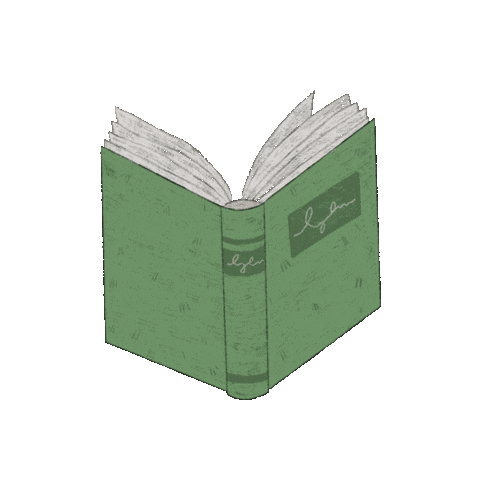
Reading Books is a Valuable and Enriching Experience that should be Encouraged
Reading books is an excellent way to improve one’s knowledge, vocabulary, and critical thinking skills. It is a great way to escape reality and immerse oneself in a different world. By reading books, one can learn about different cultures, traditions, and ways of living.
It is a way to learn, grow, and develop as an individual. Whether it’s a classic novel, a self-help book, or a biography, there is always something to learn from reading.
So, pick up a book today and start reading!
